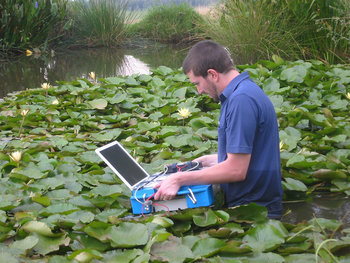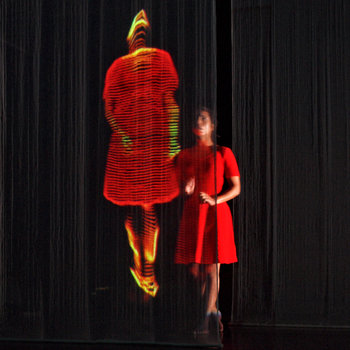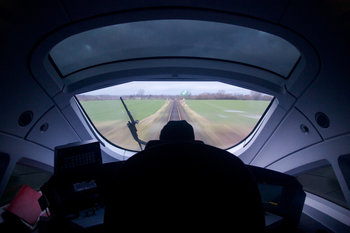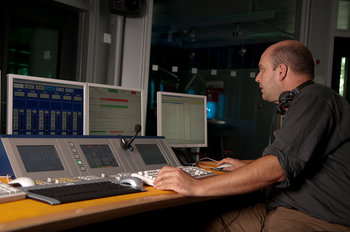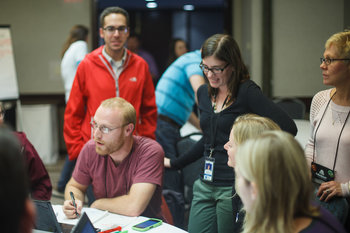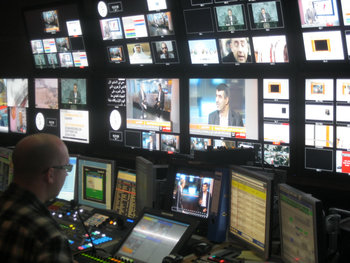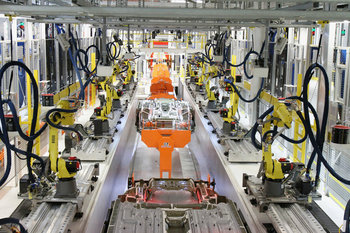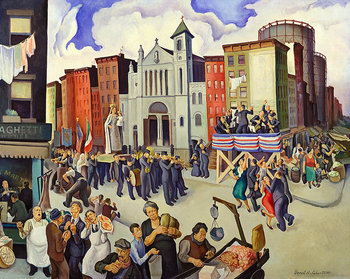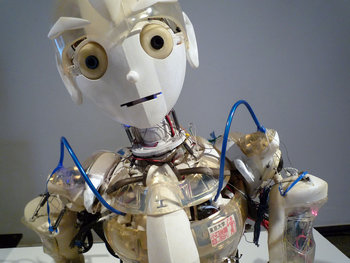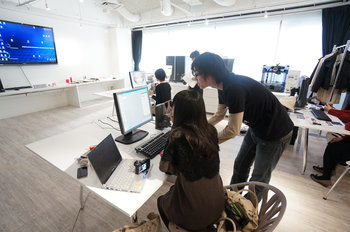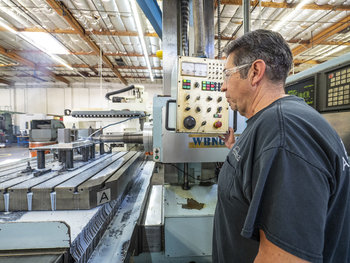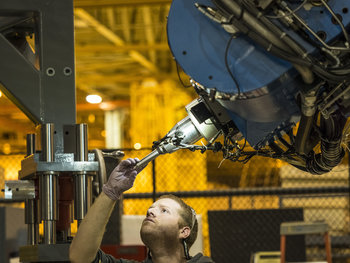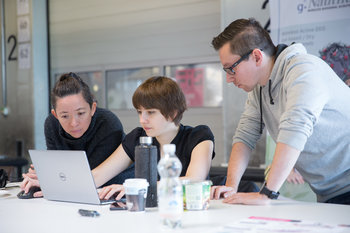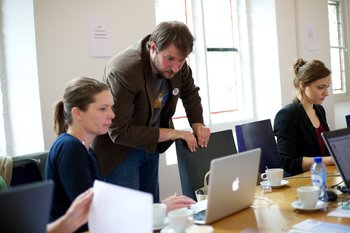
Network Management
Suddenly thousands of alarms go off at a data center. A complex event processing engine filters the events and infers a new event that an external network link has gone down. Operators work to switch over to a backup telecom link.Safety
Multiple sensors in a moving vehicle sense an object on the road ahead. The vehicle immediately warns the driver and works to detect what they object is. It is confirmed from analysis of video data that it is a pedestrian and the driver still hasn't applied brakes. The vehicle decides to apply maximum brake force automatically. If a collision is about to occur the vehicle deploys pedestrian airbags timed to minimize injury.Financial
A payment platform receives thousands of payment events per minute during peak hours. A CEP engine is used to infer possible fraudulent payments from patterns of purchases.Algorithmic Trading
A trading algorithm watches social media and industry new sources for information that can influence the price of stocks. It seldom acts on such information alone but may seek confirmation from other events such as large trades with a particular signature. If it discovers bullish social media chatter followed by large, aggressive buys it infers that the stock is in the early seconds of news driven momentum. Such strategies are dangerous as aggressive buying is no confirmation that news is genuine or meaningful to the stock price.| Overview: Complex Event Processing | ||
Type | ||
Definition (1) | Inferring new complex events from streams of events. | |
Definition (2) | A class of technology that processes events from multiple sources to find actionable meaning. | |
Related Concepts | ||



